By Paul Ejime
The results of South Africa’s 2024 elections further illustrate what pro-democracy groups have always canvassed – good governance/leadership is tribe and race-blind. South Africa comprises people of diverse origins, cultures, languages, and religions, including Indian South Africans, who constitute 2.7% of the population, the 8.2% colored South Africans, and the indigenous majority Blacks who make up more than 81% of the nation’s estimated 62 million inhabitants.
Much of the atrocities wrought by the authoritarian, minority white regimes that dominated the political, social, and economic life in the former apartheid enclaves of South Africa and South-West Africa (now Namibia) from 1948 to the early 1990s, are irreversible. Indeed, no one expects the damage of the institutionalized racial segregation unleashed by the White South Africans on the Black majority population to disappear within 30 years.
After decades of anti-apartheid struggles waged internally and internationally, led by African countries, the then-Organization of African Unity (OAU) and the Commonwealth Organization, while some powerful nations such as the United States and Britain, either lukewarm or in support of the apartheid regimes, the African National Congress (ANC), an off-shoot of the liberation movement, emerged as the dominant political party in South Africa from the first multi-racial elections of 1994.
However, the ANC must now undertake a serious introspection of its unimpressive scorecard for 30 years and losing parliamentary majority in the 2024 elections.
The legendary Nelson Mandela, alias ‘Madiba’ the icon of the anti-apartheid struggle gave expression to the axiom “from prison to the presidency,” by winning the presidency in the 1994 elections after his incarceration for 27 years for challenging the apartheid system.
Revered and praised for his conciliatory, non-violent philosophy even in the face of inhumane provocations, Madiba did not only succeed in relatively uniting a racially divided South Africa to create a “Rainbow Nation” that attempted to harness its diversity, he also led by example, stepping aside after serving for just one four-year term in office. He died as a World Statesman in December 2013.
Unfortunately, African leaders, including those from Mandela’s home country, have failed to emulate or follow his example. Under South Africa’s constitution, the party or coalition that wins a majority vote and at least 201 of the 400 Parliamentary seats produces the President of the republic.
From the 1994 elections, Mandela became South Africa’s President as the flag bearer of the ANC with a majority vote of 62.5%. The Inkatha Freedom Party (IFP), which also draws much support from the black homeland of KwaZulu, came third, with 10.54%.
The then-main opposition white-dominated National Party (NP) came second with 20.39% vote, and later morphed into the Democratic Party (DP) and now the Democratic Alliance (DA). Given the dynamism of politics, there has been realignment of political forces since 1994, when the voter turnout was 86.87%, but the much-expected positive transformation of black lives under the ANC has failed to materialize.
Mandela’s then-deputy, Thabo Mbeki, more an academic than a typical politician, succeeded his boss as President of South Africa following the 1999 elections, after an ANC win with 66.36% vote. This was at a time when the opposition parties were in disarray, with the IFP getting 8.54% and the DP, just 9.54% of the vote, from a record voter turnout of 89.30%.
Mbeki was re-elected president in 2004 but could not complete his second four-year term due to serious disputes within the ANC. This resulted in Mbeki’s replacement as ANC leader and President of South Africa, by Kgalema Motlanthe from 2008 until another election in
2009.
At the 2009 election, the ANC fielded veteran and combative trade unionist Jacob Zuma, President Mbeki’s deputy who led the move for his boss’ ouster.
Internal wrangling within the ruling party worsened, resulting in the formation of the Congress of the People (COPE) by disgruntled ANC members and the strengthening of the opposition.
Consequently, the ANC got 65.9% of the vote in the 2009 election, while COPE ate into Black votes with 7.24% leaving the main opposition DA with 16.66%.
A combination of the intra-party differences exacerbated by ANC’s inability to deliver on its promises of Black empowerment and the creation of equal opportunities to make the lives of the majority population better have dealt a lethal blow to the black-dominated ruling party.
Zuma was re-elected as South African President in 2014 but, as a controversial persona dogged by scandals, his vigorous attempts to stamp his authority on the ANC divided the party the more.
The erstwhile party of the Great Madiba has thus, seen its share of popular votes on a steady decline, to 62.15% in 2014, while that of the main opposition DA rose to 22.23% with another ANC breakaway group, the Economic Freedom Fighters (EFF), getting a slice of 6.35%.
Voter turnout declined to 73.48% in 2014 as a further demonstration of disaffection among the population toward the ANC-led government.
However, even after being replaced as leader of the ANC by deputy President Cyril Ramaphosa, a business mogul, who succeeded Zuma as President of South Africa after the 2019 presidential election, the veteran labor leader does not want to go down alone.
In the 2019 election, the ANC won with a further reduced majority of 57.5%, while the DA got 20.77% and the EFF 10.8%, with voter turnout of 66.05% – the lowest since 1994. Meanwhile, with several allegations of corruption still hanging on his neck and after serving a term for contempt of court, Zuma would appear to have reinvented himself politically.
In his determination to become a life-long ANC member, the 82-year-old hijacked the uMkhonto weSizwe (Zulu for Spear of the Nation), or MK Party founded in 2023 and named after the paramilitary wing of the ANC.
At the 2024 election last Sunday, Zuma ran as the presidential candidate of the MK Party, and came fourth with 7.62% of the vote, according to provisional results announced by the Independent Electoral Commission (IEC).
The main opposition DA, which had John Steenhuisen, 48, as its flag bearer, made further gains by scoring 26.34%, while the EFF, led by Julius Malema, 43, got 8.1% of the vote. Ramaphosa is seeking re-election on the platform of the ANC and as widely expected, the black-dominated ruling party has for the first time since 1994 failed to win parliamentary majority of votes in South Africa.
The ANC managed less than 43% of the vote, and will now be forced to enter into an uncomfortable arrangement with rival parties to form a government, an uncharted course in the country’s political history. Even by South African standards, the ANC’s 2024 electoral performance from some 27.6 million registered voters and a turnout of 58.64% from the country’s estimated population of 62 million speaks volumes.
There was great hope and expectations that Madiba’s would re-write South Africa’s dark history. But it has failed most spectacularly to deliver good governance after wresting political power from the apartheid minority white rulers.
Acknowledging the party’s underwhelming performance as a development with potentially dire consequences for its relevance and continued existence as a big player in South African politics, ANC senior officials are now suggesting the formation of a National Unity Government even as the main opposition parties position themselves as king-makers.
The World is watching with a keen interest the political development of South Africa. A strong message for African leaders is that as the majority of Blacks in South Africa voted out the obnoxious apartheid minority White regime in South Africa, people of all races can/will punish bad governance/leadership, anywhere in the
World irrespective of race or color!
Paul Ejime is a Global Affairs Analyst and Consultant on Peace, Security, and Governance Communications




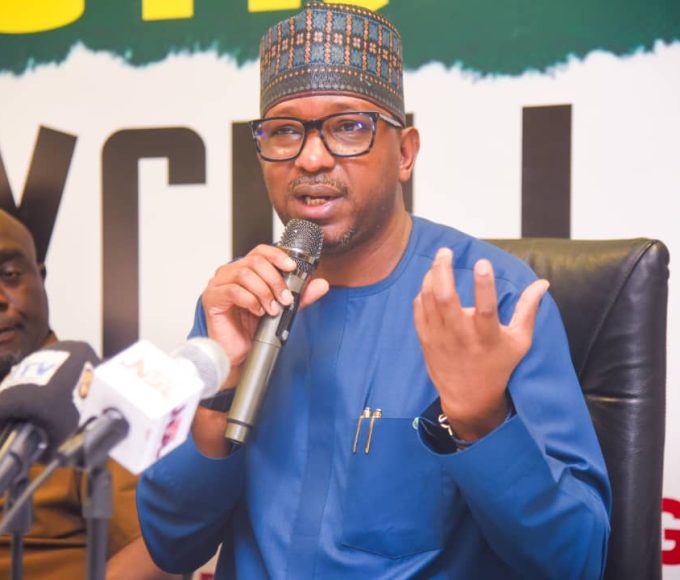



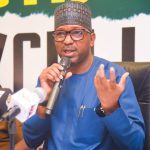
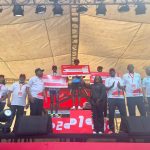
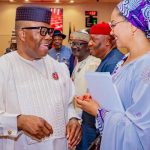
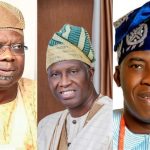
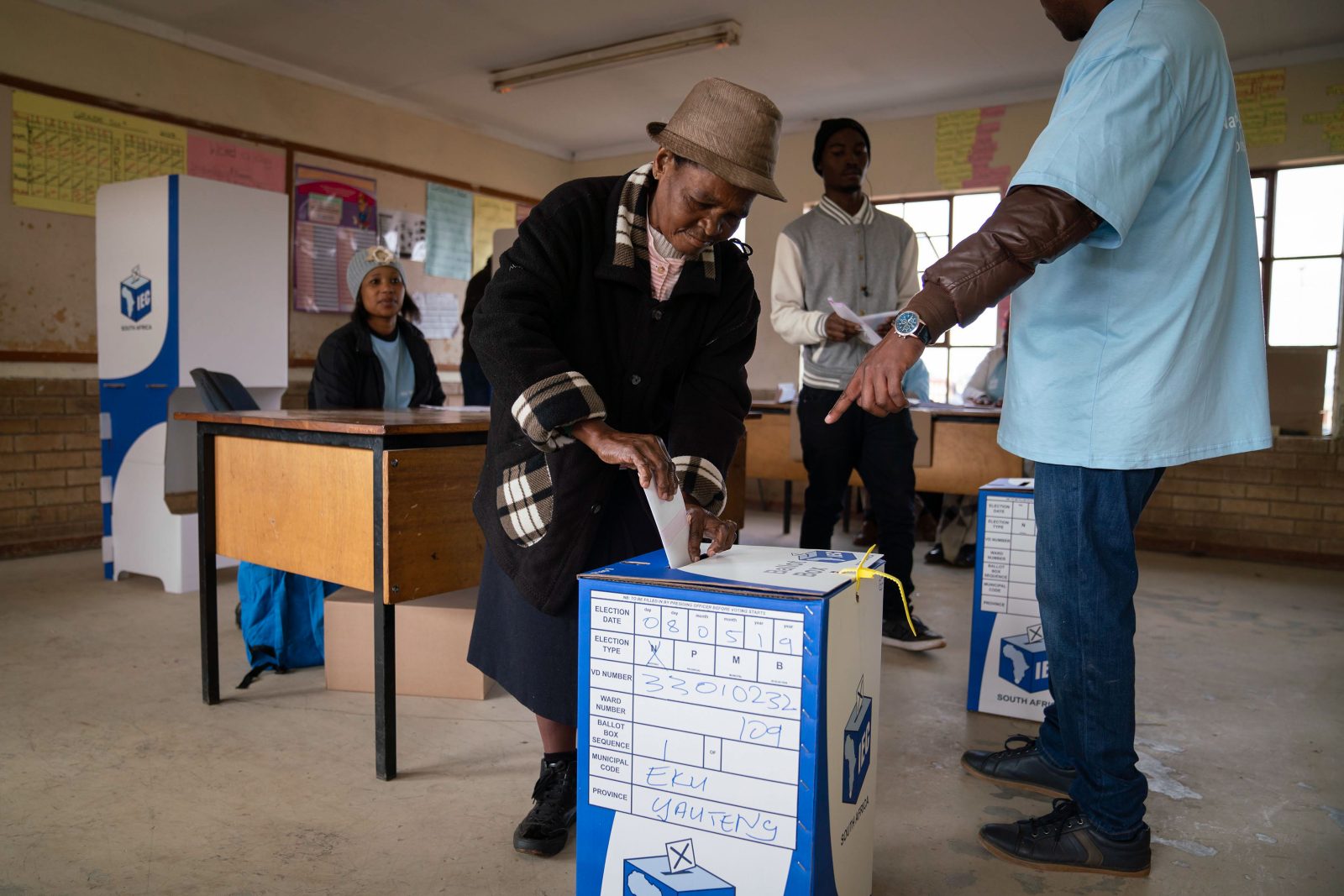
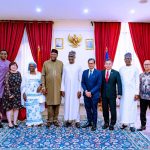



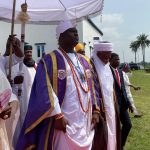

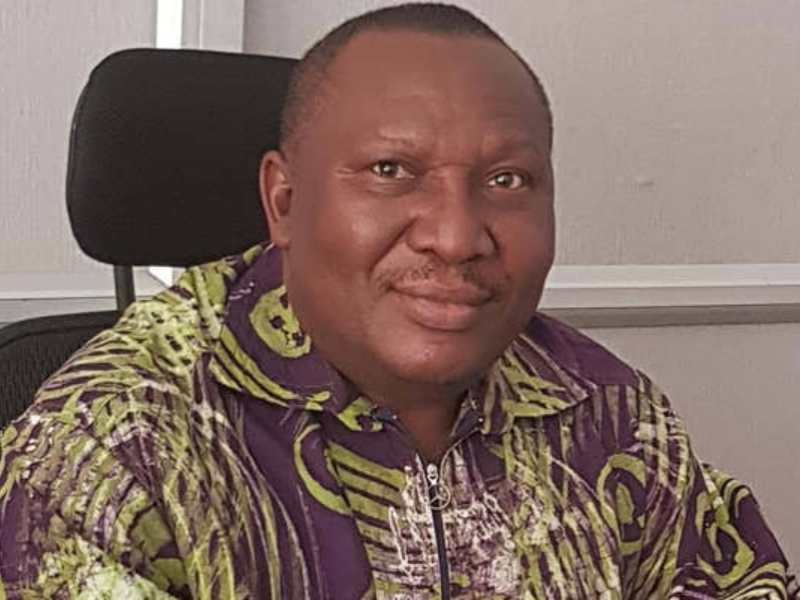
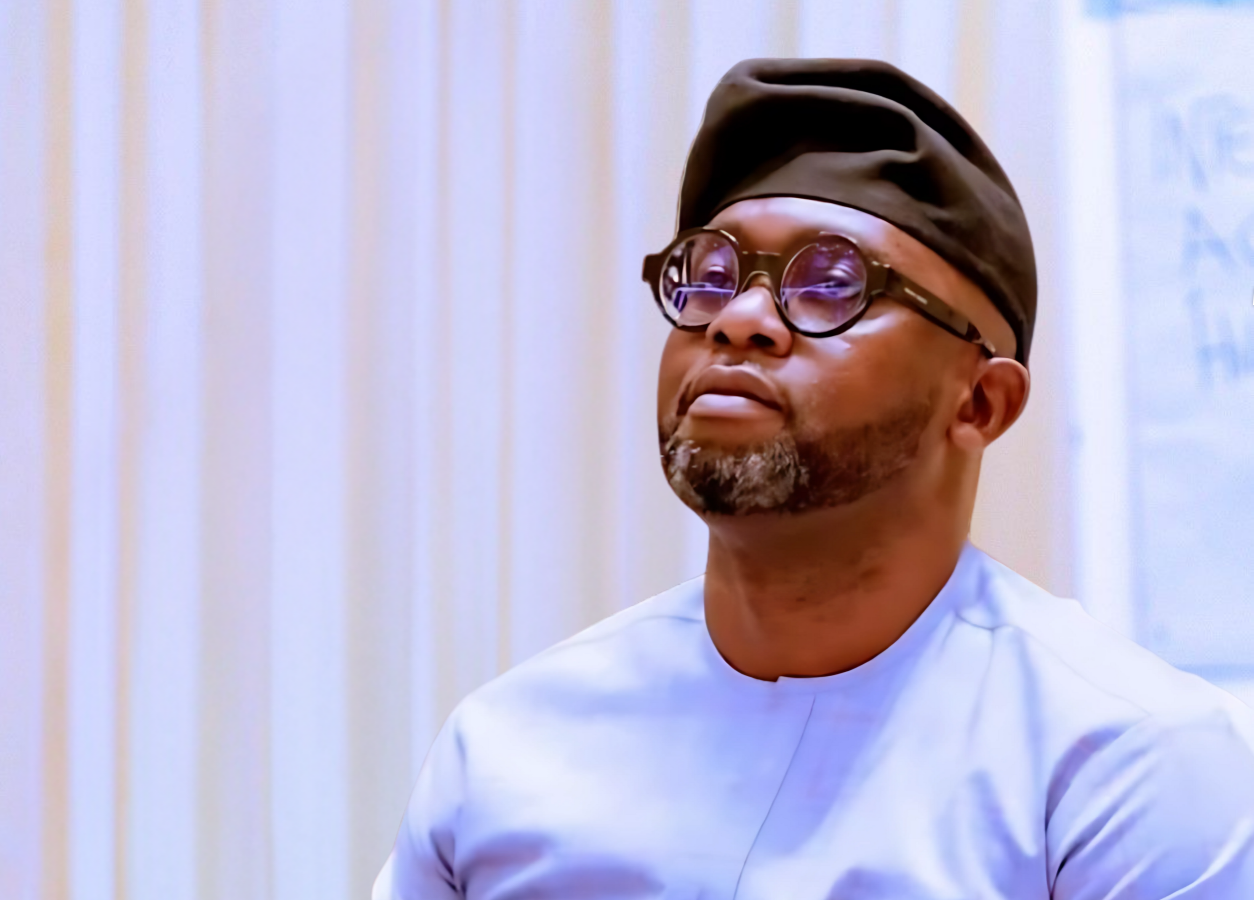
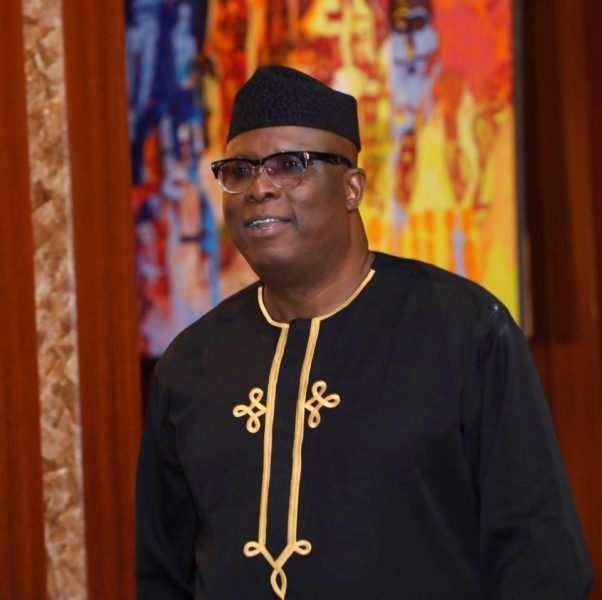

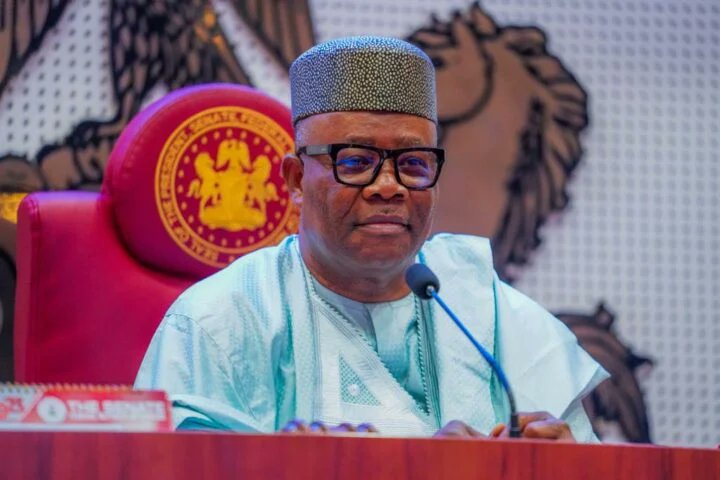



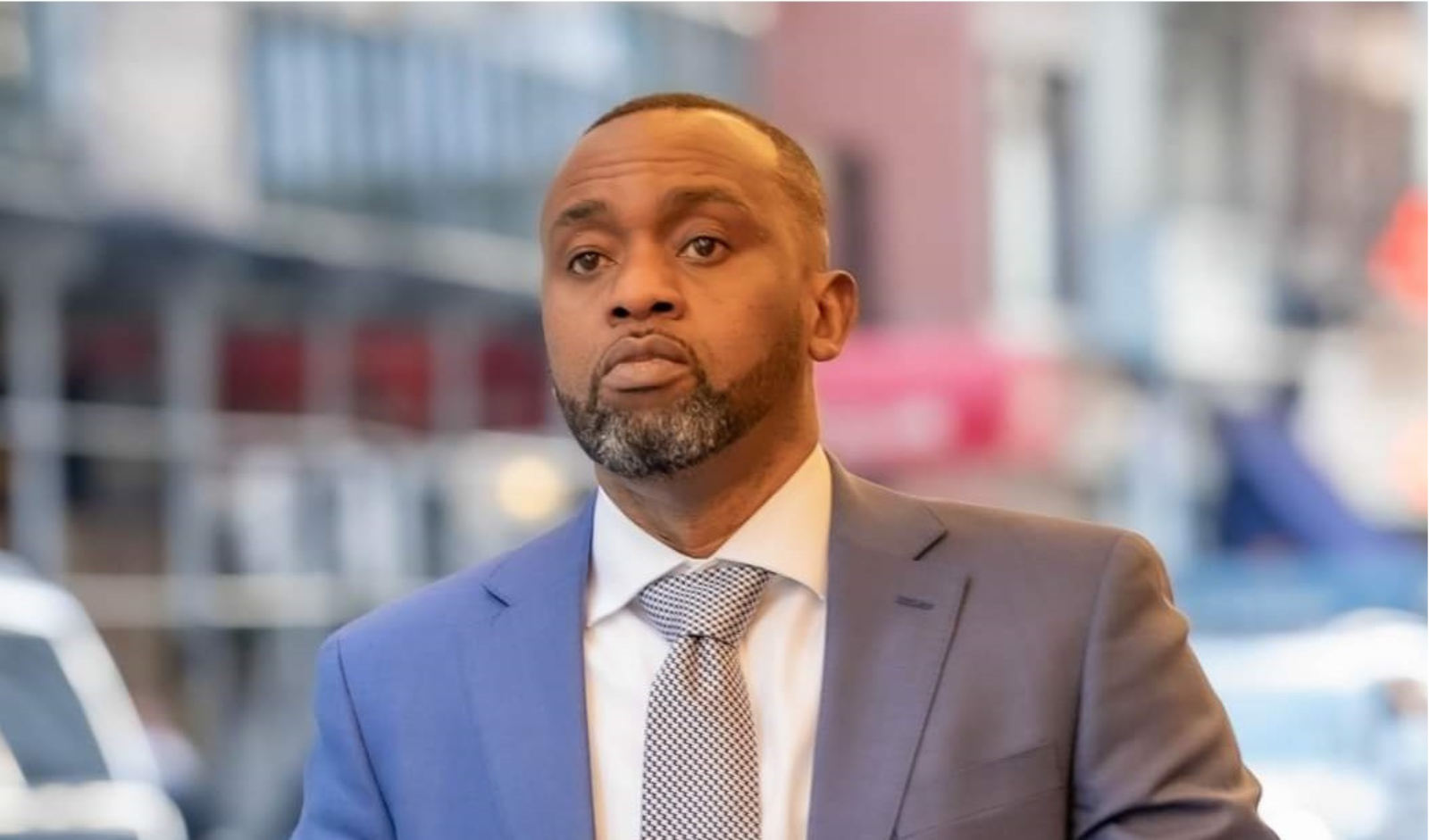


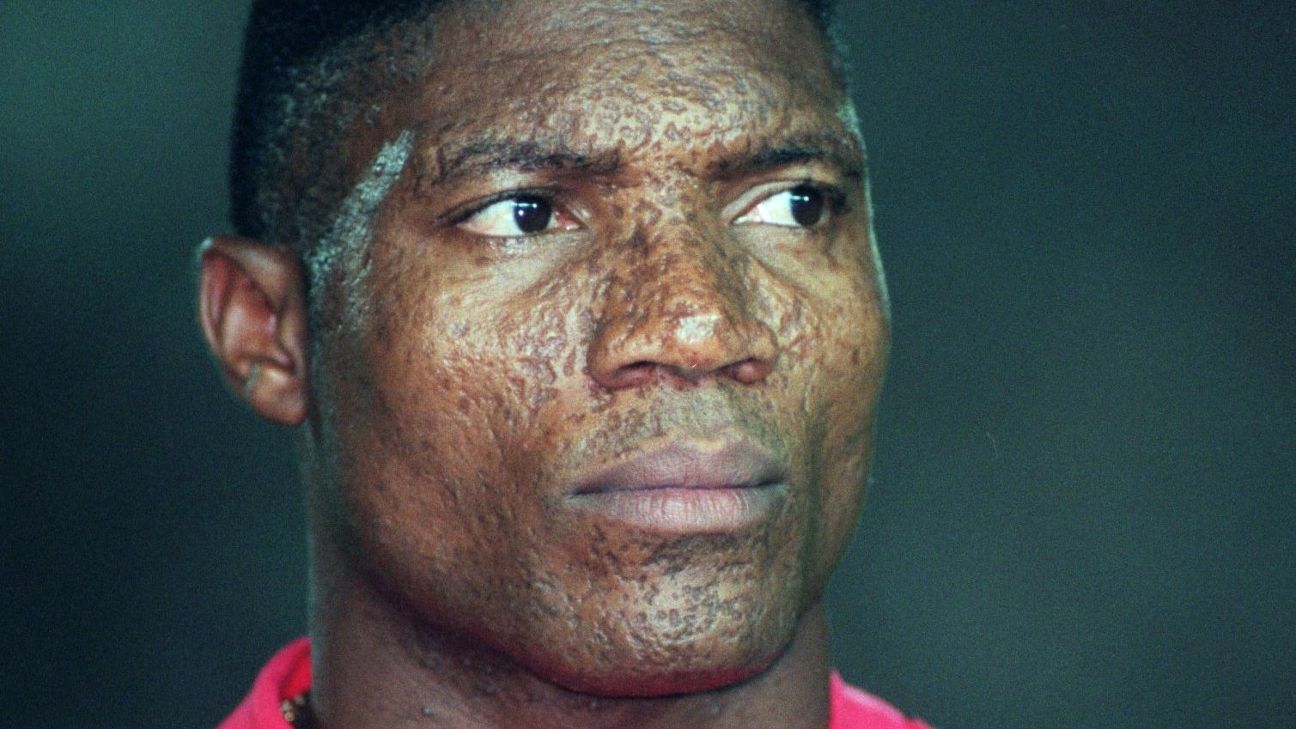
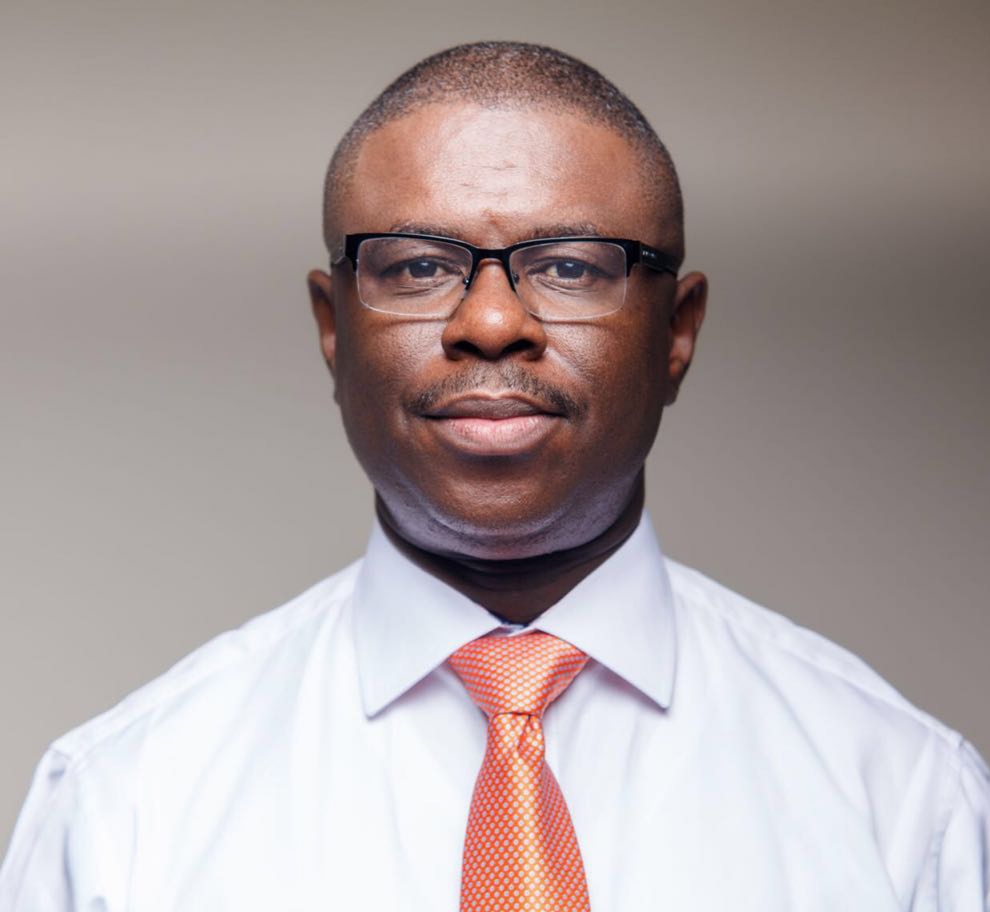

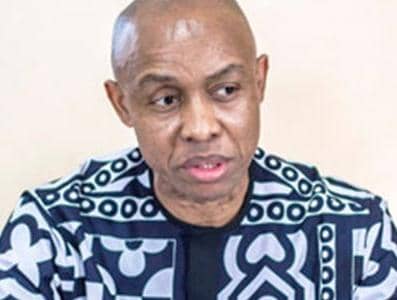

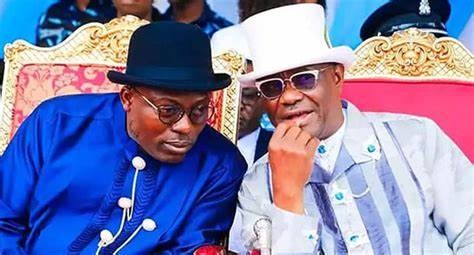
Leave a comment